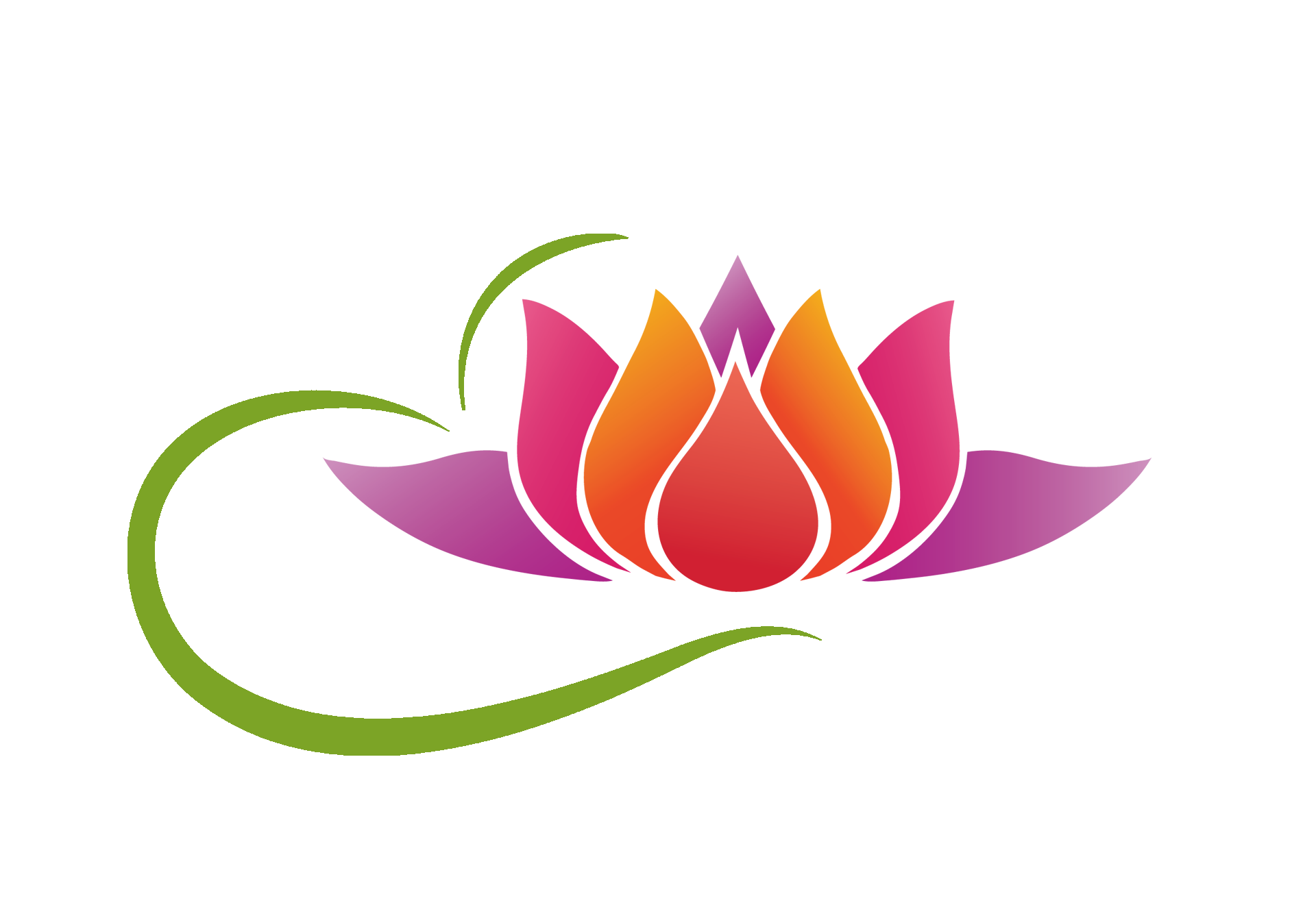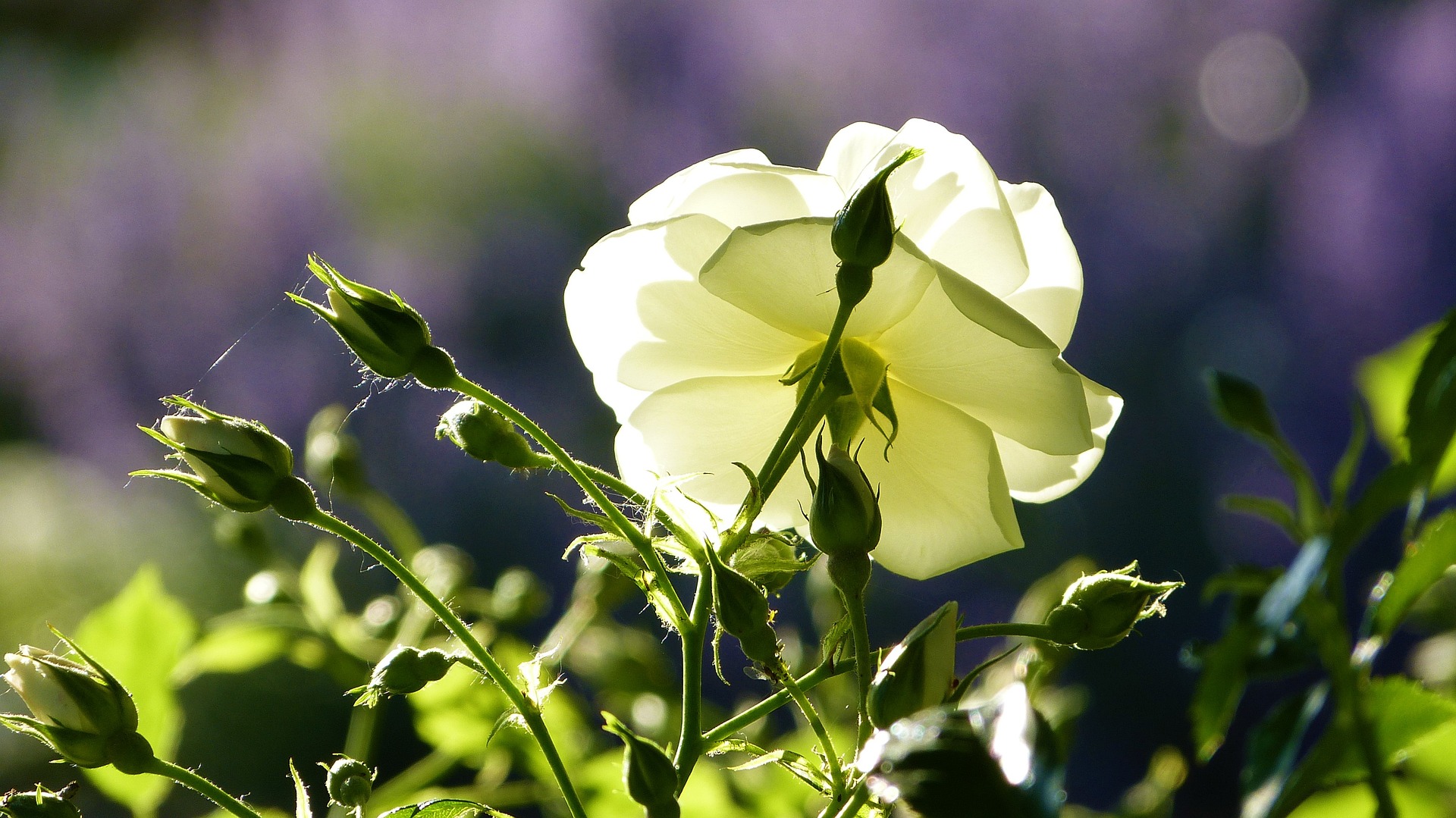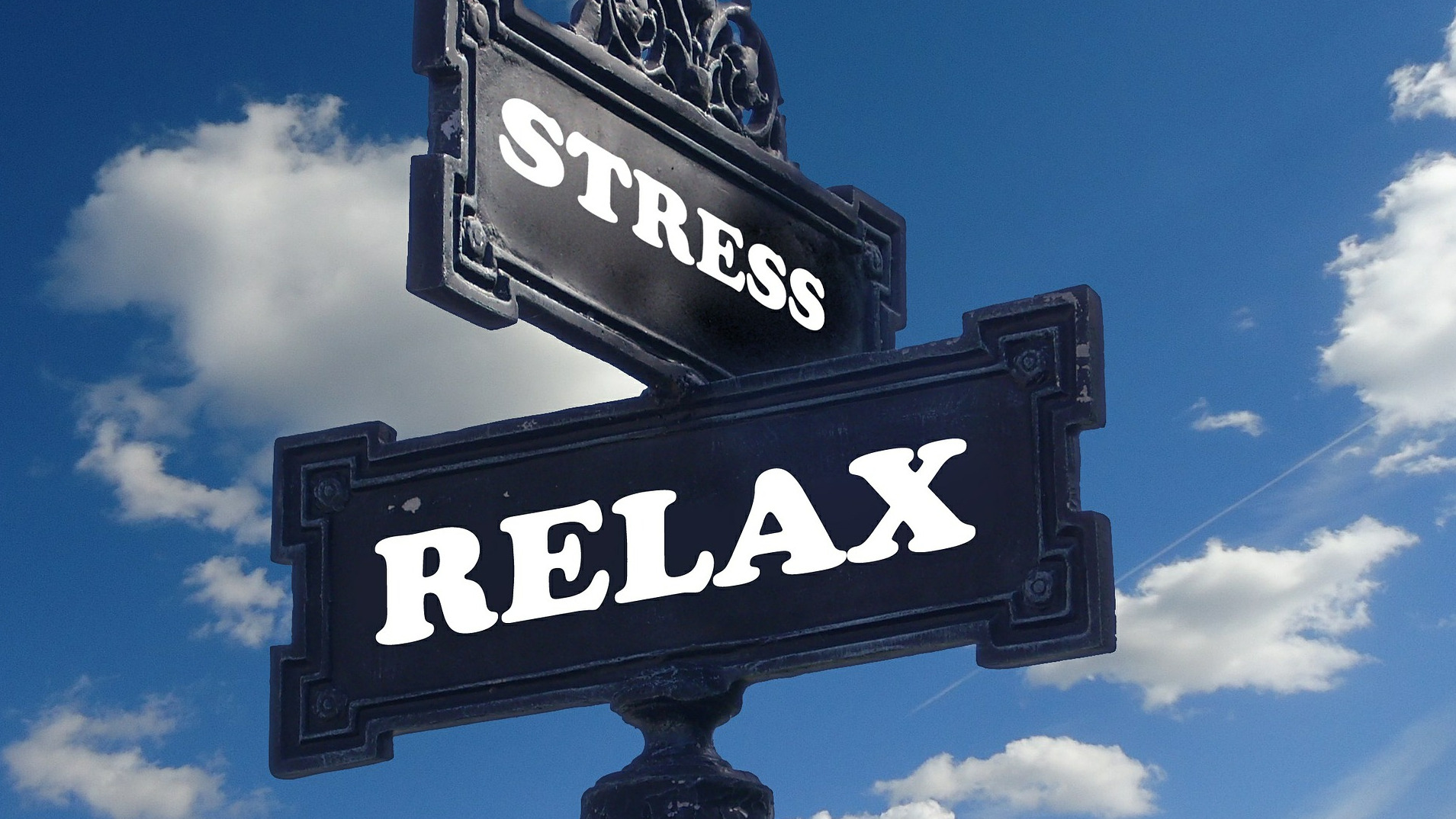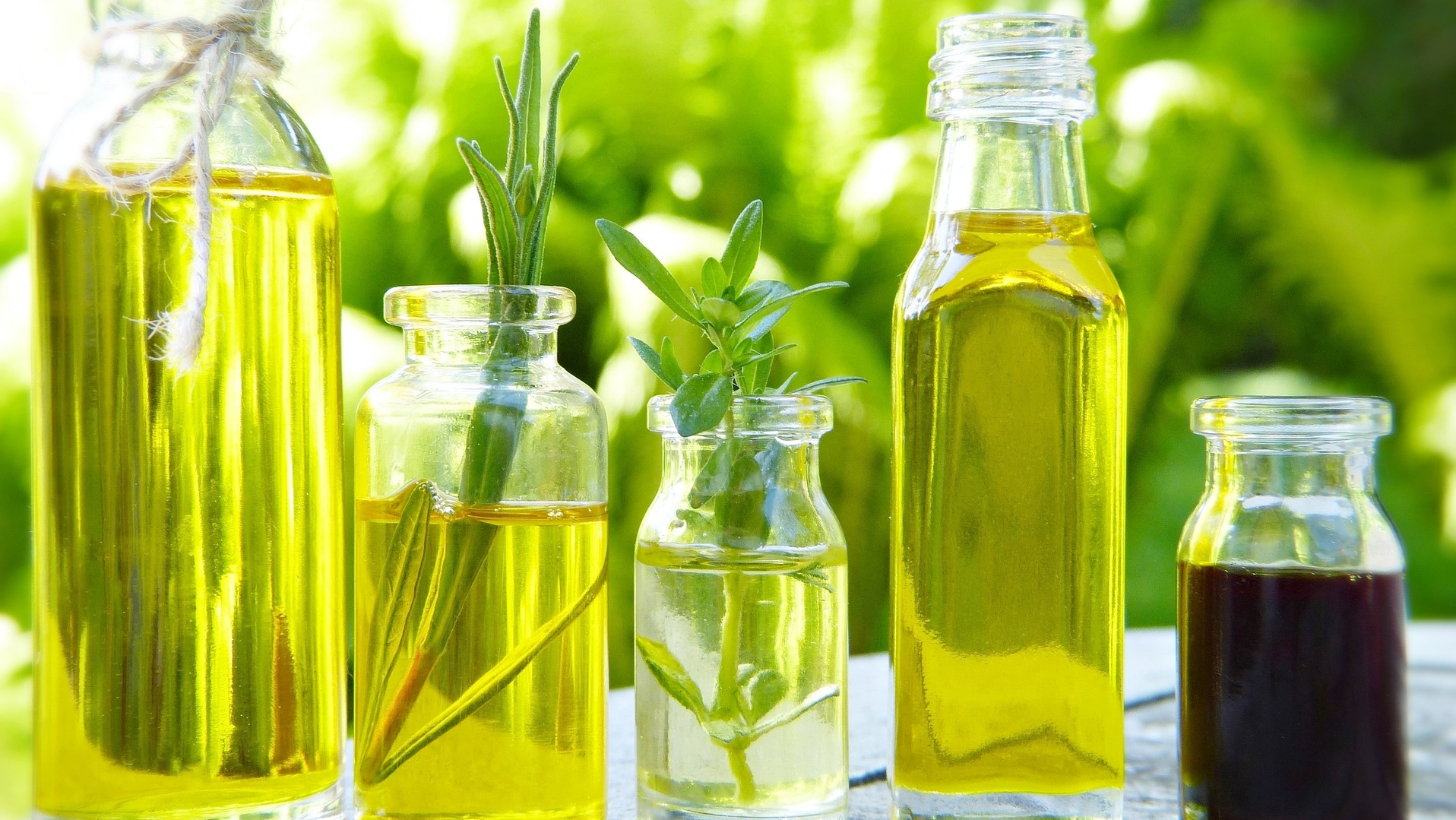
The Essence of Wellbeing: Exploring Aromatherapy
Aromatherapy is a holistic healing practice that employs the potent essences of plants, known as essential or absolute oils, to foster healing and enhance well-being. It uses these oils as a natural and alternative medicine to heal and enrich your everyday lifestyle.
The Power of Plant Essences: At its core, aromatherapy is about tapping into the concentrated power of nature. Essential oils are extracted from various parts of plants, including flowers, leaves, bark, and roots, each carrying unique therapeutic properties.
A Spectrum of Healing: Aromatherapy is often seen as a preventative approach, helping to balance and maintain the body’s natural state. It's known for a wide range of benefits. It can alleviate aches and pains, accelerate the healing process, and relieve anxiety, stress, and tension. Additionally, it promotes relaxation, reduces inflammation, and can even enhance mood and cognitive function.
Engaging the Senses: The practice engages our sense of smell and skin absorption. When inhaled, the aroma molecules from essential oils interact with the brain, particularly affecting the limbic system, which is associated with emotions, heart rate, blood pressure, breathing, memory, stress, and hormone balance. When applied topically, these oils can offer more localized benefits and are often used in massages and skincare.
Tailoring to Your Needs: Aromatherapy is highly individualistic. What works for one person might not work for another. It’s about finding the suitable oils and methods that resonate with your body and mind, whether through diffusing oils, applying them topically, or incorporating them into baths or personal care products.
Safety First: While natural, essential oils are highly concentrated and should be used carefully. Proper dilution, knowledge of potential skin sensitivities, and understanding the contraindications are crucial. Conducting a patch test for topical applications and consulting with healthcare professionals, especially those who are pregnant, nursing, or have existing health conditions, is always recommended.
Aromatherapy offers a gentle yet profound way to support the body's natural healing processes and promote balance and well-being. It's an art and science that connects us more deeply to the healing powers of nature and, when used responsibly, can be a rewarding part of a holistic approach to health and happiness. As we continue to explore and understand the benefits and applications of aromatherapy, it stands as a testament to the enduring relationship between nature and human health.
About Aromatherapy Contents on This Site
The Aromatherapy category is the overall category on the site containing helpful how-to information on aromatherapy, from beginners' guides on how to start using essential oils, how-to select essential oils, recipes to create your blends, differences between ingredients, and articles on topics that may be beneficial for certain conditions. You can begin in this area to gain an overall understanding of aromatherapy.
If you want to begin by looking first at the specific ingredients that are used in aromatherapy, you can review the Essential Oil category or the list of Carrier Oils used to incorporate essential oils.
Perform a Patch Test Before Using
You should perform a patch test if you are new to using aromatherapy and essential oils or are concerned about any reactions you may have. Mix a tiny amount (2 drops) of essential oil with about 1/2 teaspoon carrier oil. Always follow the manufacturer's guidance. Apply a small amount to your inner arm area with a cotton swab. Apply a bandage to cover the area and keep it from getting wet.
If you react, you will notice within 24 hours. Signs of a reaction may be redness or itchy skin. Do not continue using any substance that results in an allergic reaction.






